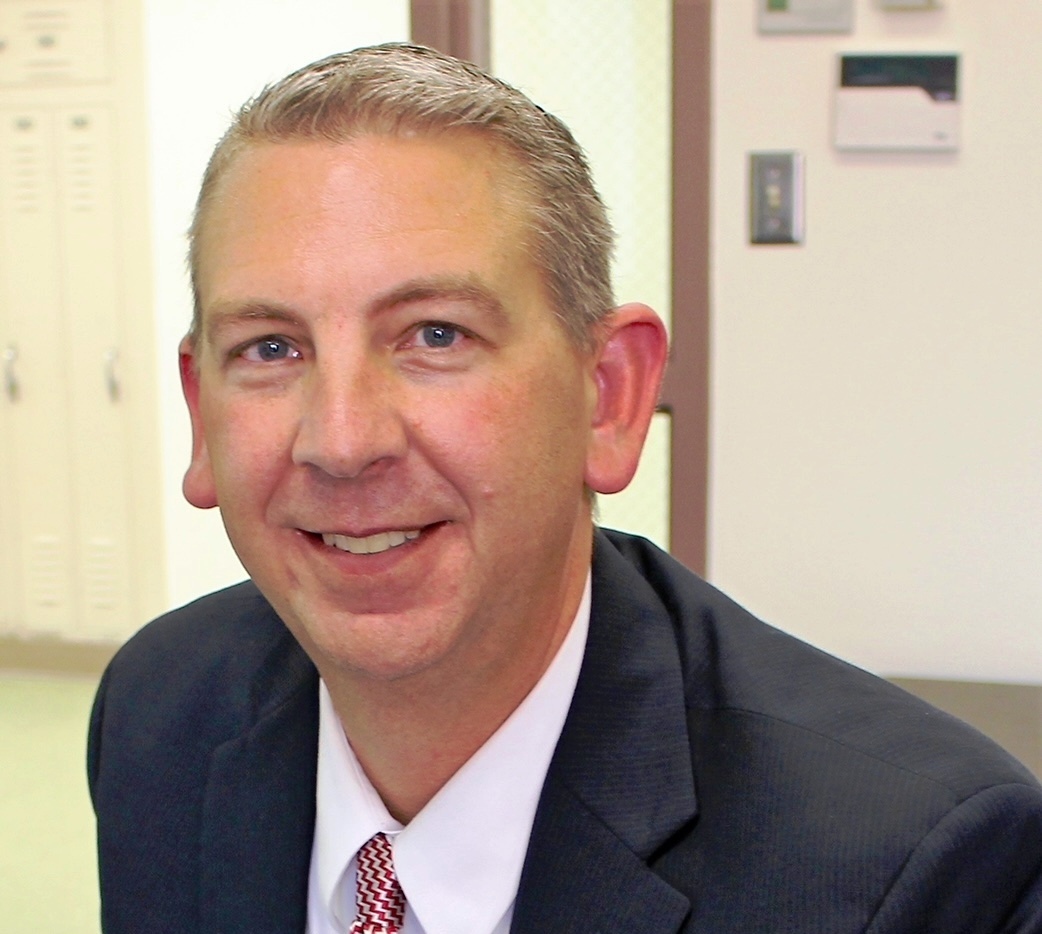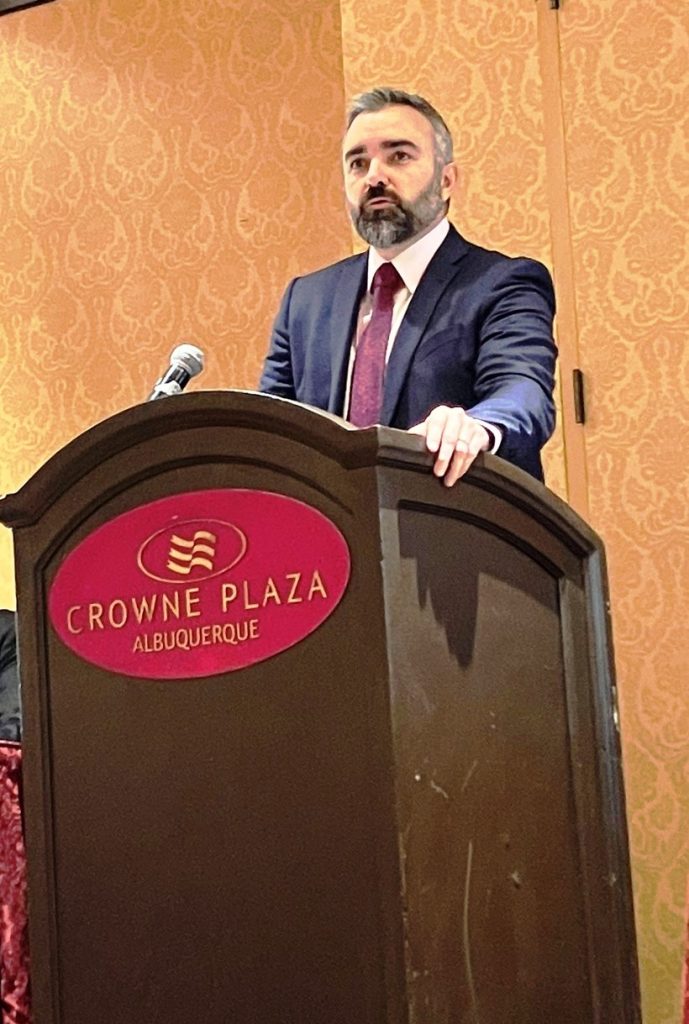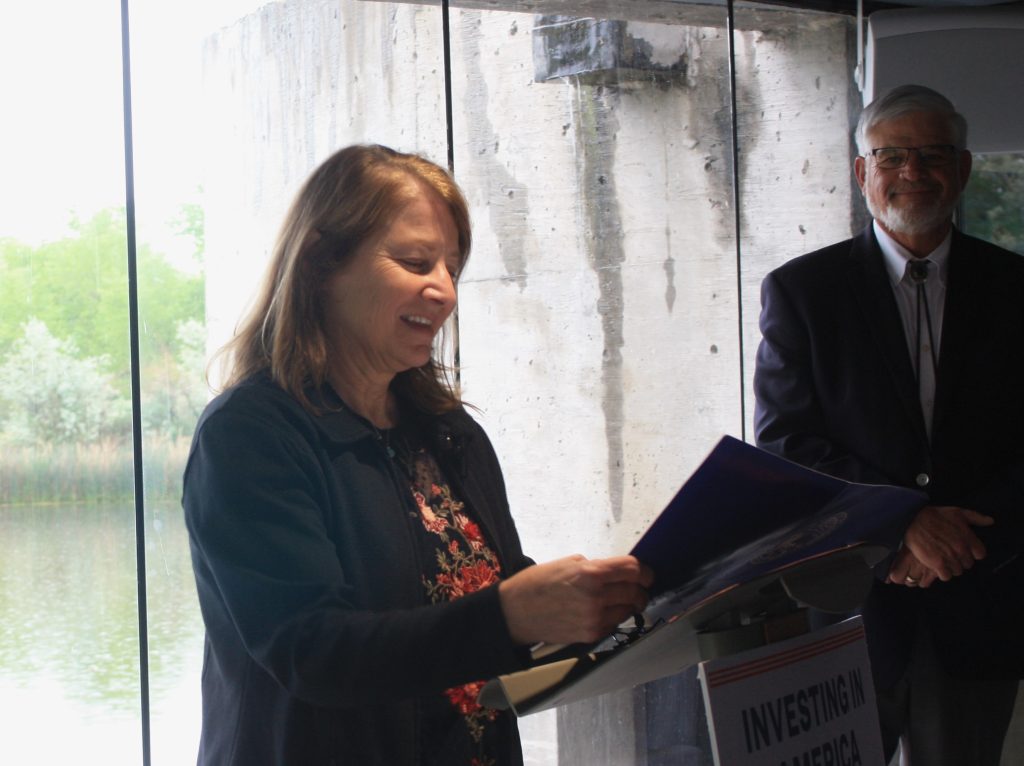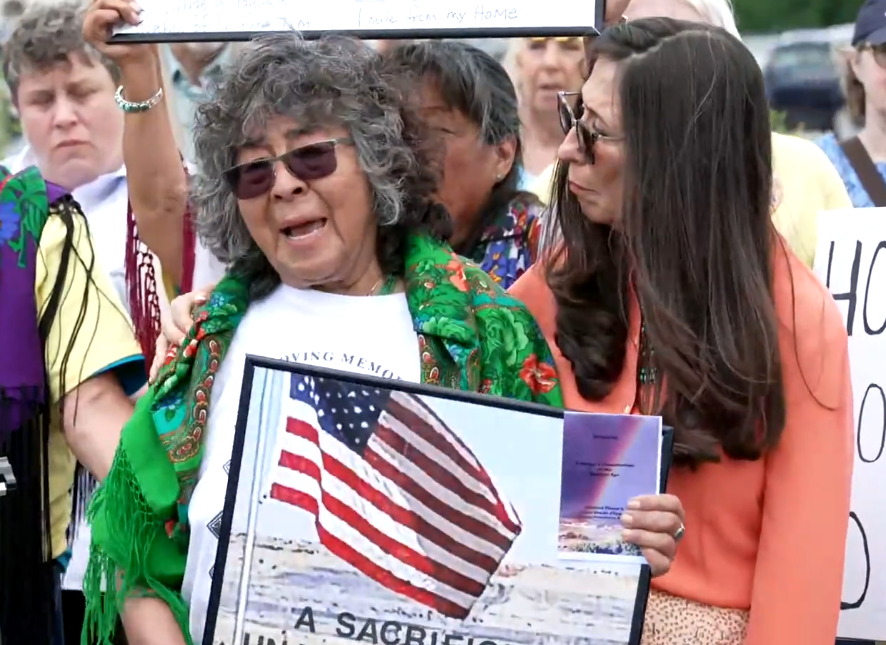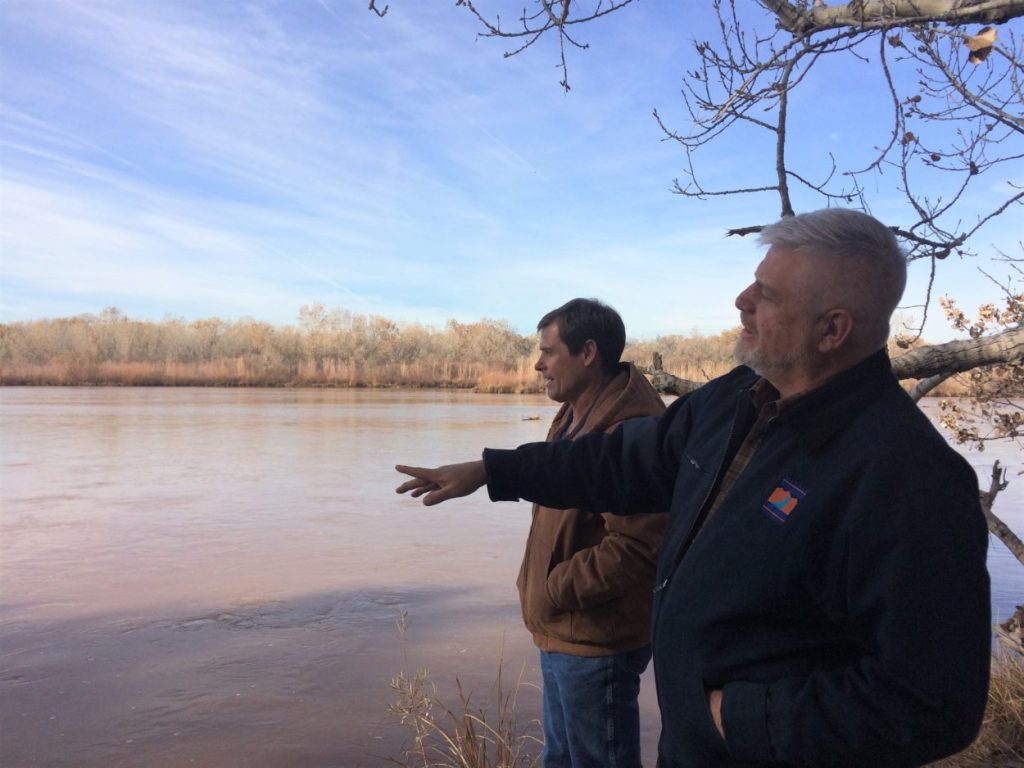The Legislative Finance Committee unanimously chose longtime staffer Charles Sallee as the new director. Sallee will head the team that helps legislators craft the annual budget.
LFC Chair George Muñoz, D-Gallup, said during brief remarks on Thursday that “this process really sets the state up in how and what direction we’re going to head, especially with our revenues.”
The staff of the committee, led by the director, supports the committee’s development of the annual budget recommendation. The director and staff provides oversight of state agency operations. The director manages a staff of 40 fiscal analysts, economists, and program evaluators in the development of reports on agency management, policy issues, and the fiscal impact of proposed legislation, according to a news release.
Members of both parties made statements applauding Sallee as the new director. Muñoz said in a statement that “the committee congratulates Charles on being chosen for this important post.”
“It’s been 26 years since the committee has hired a new director and we needed to find someone who could manage fiscal policy with the best interests of 2 million New Mexicans at the forefront. The director must work with the committee and the Legislature to make this state a better place,” he said through a news release.
Sallee is a native of Las Cruces and he has been with LFC since 2005. He has been in the role of interim director since late May. He replaces David Abbey, who many lauded when he announced his retirement this spring. Abbey guided the legislative budgetary process for 25 years.
Sallee served as a program evaluator, deputy director for program evaluation, and deputy director for budget development and fiscal analysis. He has a bachelor’s degree in social work from New Mexico State University and master’s degree in social work administration from Texas State University.
The LFC asked Sallee questions for about an hour on Thursday morning at the Roundhouse before the LFC went into executive session to make their decision.
Muñoz said the subcommittee scored each of the four candidates last week according to a scoring rubric that rated the candidate’s qualifications, leadership and management ability, experience in budgetary policy, analysis, research and evaluation, collaboration and communication skills, knowledge of the legal process and their commitment to public service.
He said that any candidate that scored 75 points would receive a final interview before the public on Thursday. The committee interviewed only Sallee.
When Rep. Harry Garcia, D-Grants, asked Sallee what role can the LFC director play to make the committee more accessible to the public, Sallee responded by saying “I’m noting a theme here.”
“What’s important to understand is there is a decision-making process you all go through that needs to be done by you as a body before information can be made available to the public. I’m committed to educating people about that. What goes into the process and how they can participate. Not necessarily formally,” he said.
He also said he is “committed to helping those who can’t pay for lobbyists or have that type of background.”
Sallee highlighted his commitment to public service when state Sen. Nancy Rodriguez, D-Santa Fe, asked why he would be the best fit.
“I’ve been working toward this for 23 years…I worked in the front lines as a social worker so I could understand policy impacts on the people in your community,” he said.
According to Sallee’s LinkedIn page, he started his career as the director of social services at a nursing home in Las Cruces.
State Rep. Derrick Lente, D-Sandia Pueblo, asked Sallee what advice he would give to the committee about creating sustainable state funding for the tribes, describing the current process as “usually a one-off, short term and reimbursable process” that many tribes are in conflict with and which result in large unspent balances.
“We’ve long recognized a problem,” Sallee said.
He said there was an “archaic administrative process” that caused some state funding to be backlogged but that the process “is working better today than a couple of years ago.”
“There are areas of our state with significant needs; we need to figure out what those communities need and deserve,” he said.
State Rep. Gail Armstrong, R-Magdelena, asked Sallee where he sees New Mexico’s economy going in the next five years and how he thinks the legislature should respond to the ups and downs of the economy.
Sallee said he sees “a bright future” for New Mexico. He said there is opportunity to “do things better, bigger, bolder” with the current revenue and that the state’s balance sheet is the strongest it’s been in 40 years. He said the state can weather a national recession without needing to make painful budget cuts and that the state has insulated itself from the volatility of oil and gas prices.
He said some key advice is to raise individual per capita income, achieve better education, and find new ways of bringing people into the labor market.
“That’s the source of a lot of our poverty,” he said.

